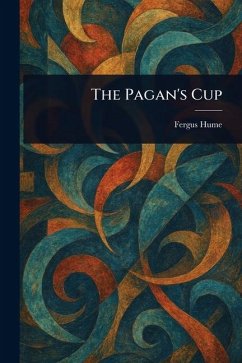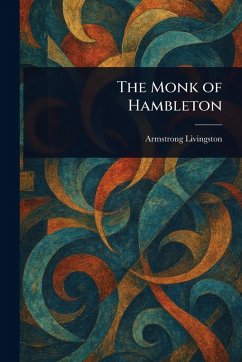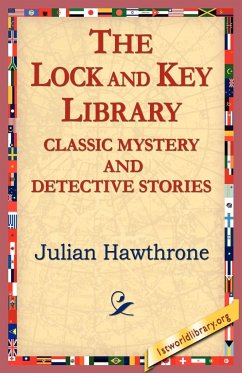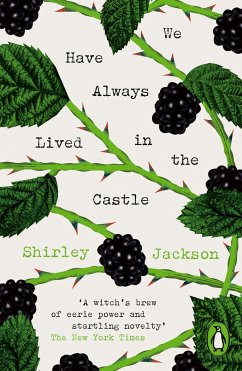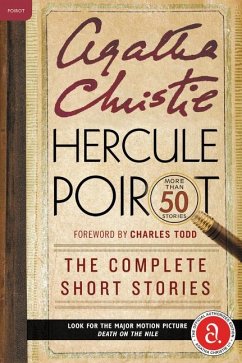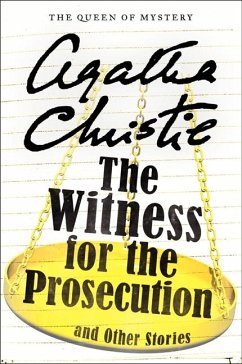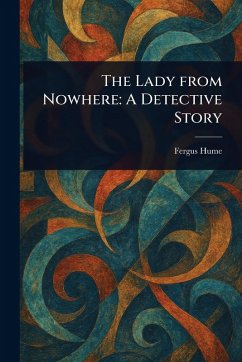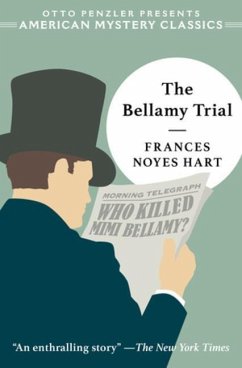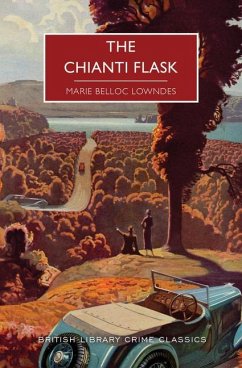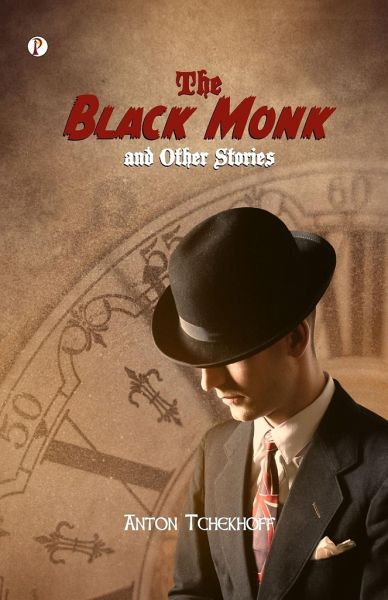
The Black Monk and other Stories
Versandkostenfrei!
Versandfertig in 1-2 Wochen
16,99 €
inkl. MwSt.
Weitere Ausgaben:

PAYBACK Punkte
8 °P sammeln!
In this collection of stories by Anton Pavlovich Chekhov, masterfully translated by R. E. C. Long, readers are invited to explore the rich tapestry of human existence. Chekhov's storytelling prowess shines as he weaves tales of love, longing, and the relentless pursuit of happiness set against the backdrop of late 19th-century Russia. His characters are beautifully nuanced, each grappling with the joys and sorrows that define life. What sets Chekhov apart is his exceptional empathy for his characters. Whether they are common individuals or those with unique circumstances, Chekhov treats them w...
In this collection of stories by Anton Pavlovich Chekhov, masterfully translated by R. E. C. Long, readers are invited to explore the rich tapestry of human existence. Chekhov's storytelling prowess shines as he weaves tales of love, longing, and the relentless pursuit of happiness set against the backdrop of late 19th-century Russia. His characters are beautifully nuanced, each grappling with the joys and sorrows that define life. What sets Chekhov apart is his exceptional empathy for his characters. Whether they are common individuals or those with unique circumstances, Chekhov treats them with a rare depth of understanding and compassion. His prose, deceptively simple on the surface, conceals layers of complexity and keen observation, drawing readers into the lives and minds of his characters with an intimacy that is unmatched in literature. The Black Monk and Other Stories is a literary masterpiece that continues to captivate and resonate with audiences across generations. It offers a profound exploration of the human condition, revealing universal truths that connect us all. In this collection, Chekhov's enduring storytelling power invites readers to contemplate the profound complexities of existence.




